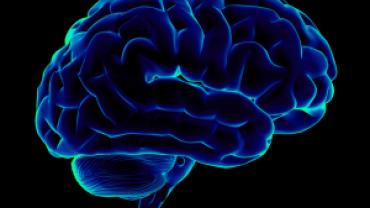
Many people acknowledge the fact that DHA (docosahexaenoic acid) is vital for brain health but how it is absorbed by the brain has been unknown until now. Researchers from Duke-NUS Graduate Medical School Singapore have conducted a study identifying that a transporter protein known as Mfsd2a is what carries DHA to the brain. This discovery has a huge significance on how DHA functions in human nutrition.
DHA is an omega-3 fatty acid most abundantly found in the brain, but not produced there and is crucial to brain function. DHA is not technically an essential fatty acid since the human body can synthesize very small although insignificant amounts of it from its short chain omega-3 precursor ALA (alpha linolenic acid). However, in order to support optimal brain health and function, additional DHA must be obtained from the diet and/or nutritional supplements or during fetal development from the mother.
Researchers found that mice without the Mfsd2a transporter had brains one-third smaller than those with the transporter. In addition, they exhibited memory and learning deficits as well as anxiety. In this study, it was discovered that the learning memory and behavioral dysfunctions were similar to what is seen with omega-3 fatty acid deficiency in mice whose diets were devoid of DHA.
The researchers found that mice without Mfsd2a were deficient in DHA and interestingly that Mfds2a transports DHA in the chemical form of lysophosphatidlycholine (LPC). LPCs are phospholipids mostly produced by the liver and are considered toxic to cells, although their actual role in the body is unclear. Based on this new information researchers confirmed that Mfsd2a is the major pathway for the uptake of DHA carried in the chemical form of LPCs.
This is exciting research as we now have a genetic model for brain DHA deficiency and its functions in the brain. These findings can help with the tailoring of therapeutic applications of DHA in order to support optimal brain growth and function and can be of particular use for pre-term babies who received insufficient DHA while in the womb.
Source: Duke-NUS Graduate Medical School Singapore. "How DHA omega-3 fatty acid reaches the brain.â€